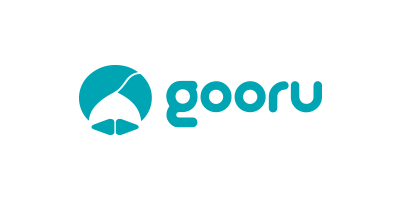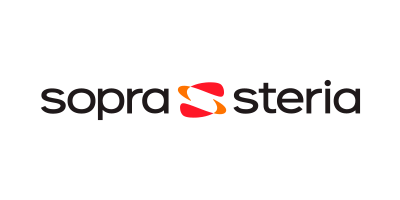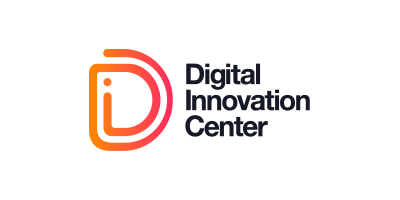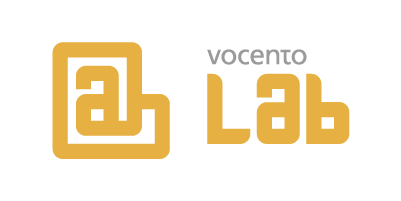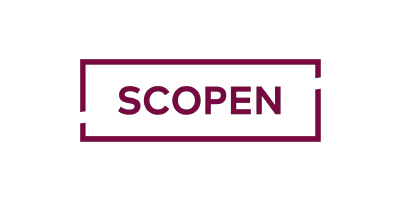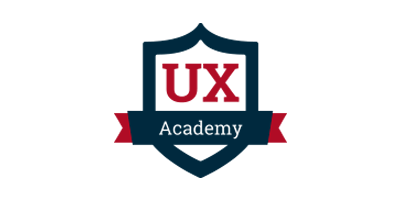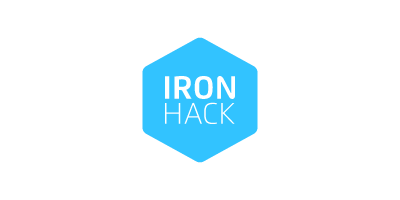Angela Lester
I think UX has to be continuously redefined
Brands cannot succeed without creating exceptional experiences
Angela Lester
I think UX has to be continuously redefined
Brands cannot succeed without creating exceptional experiences
Brands cannot succeed without creating exceptional experiences
Angela, how would you summarize your 20+ years of experience in primary research, analytics, digital and business strategy, and product and service design?
I started in 1995 in primary research, educational CD-ROM and 3D game design and shifted to more and more of a B2B focus with time because, as people got into the same business, they followed what they understood more easily and left the B2B world behind. What interests me is to go where others have not yet. And the B2B digital world needed a lot of attention. Now we realize that people are people and what motivates us in business versus our personal life is starting to become almost identical. So, after all these years and many shifts I realize that one never stops learning and growing. As new technologies and interaction models are created, our behavior also changes and that affects who we are, what we need and therefore the relationship we have with people and brands. In my business, the only thing that stays constant is that we are in a service business that requires exceptional skills with people; our clients, understanding the end customer and the team we need to work with to execute. The rest is always changing; new technologies, new innovations, new perspectives, new companies starting up and disrupting the leaders in their markets, new needs. What keeps me doing this every day is my passion for people and creating great experiences. And after all these years, I don’t think I am ever satisfied with what I have created. It can always be done better and I love to figure out how to do that even though I cannot control some variables that can affect the vision (timing, budget, clients, processes, etc.)
How would you define your current professional life as CEO of K Street Partners?
I am at a stage in my career where I waiver between being a CEO and being an Experience Strategist. My passion has always been in creating exceptional experiences and I treat the company in the same way as I do any project. K Street is simply another project for me. How can we create the right experience for exceptional people to work in? How can we break the boundaries of traditional business models that no longer serve us? How can we make people feel truly passionate about their life and work at the same time? How can I balance the companies need (i.e., profitability) with what my employees need (i.e., time to think)? These are examples of questions I ask myself on a daily-basis. So, at the end of the day, I define my professional life as a great experience!
On Wednesday, June 21st in Madrid, you will be joining us at EXF17. Can you give us a brief sneak-peak into “Ideas Die in the Conference Room”?
I will be focusing on how we leverage user experience best practices in the way we run the company, to help free up time and allow people to really live their lives in a way that affects the work they do and the perspective they have on their work. I believe this creates happier employees and better products and services for our customers.
How do you see the evolution of UX in Spain? How do you think we can improve?
I have not worked enough in Spain to really see what it looks like. My interaction has been mostly with one company who is very strong in UX. But my guess is that it fell behind most other skill-sets just like it did in many places in Europe. However, what I am seeing from many places in Europe is that there is a real art to the way UX is done. In the US it is something that had to be forced down people’s throats. Most companies and clients did not understand the value of it. This is changing in the US and the value is being placed more and more on UX, but in Europe it seemed to have leapfrogged and the work is really beautiful to see. Perhaps, the one area that is still not as strong is the understanding of how to use primary and secondary research as well as analytics and other data to inform the UX. That may be the biggest area needed for improvement. But I am sure there are others that I may not be aware of since I have not had the pleasure of working in Spain for enough time.
And lastly, can you tell us what you think is the biggest challenge facing not only brands, but also users, in terms of UX in the coming years?
I think UX has to be continuously redefined. When I started, UX was about wireframes and site maps and interaction models. Now you cannot be a UX person without having many other skills. For example, it is getting harder and harder to separate UI and UX. And you can no longer do things in pages and pages of wireframes, it has to be prototyped. And at the end of the day, the experience you are creating is what will make a brand successful or die. So you have to understand business strategy, operational models and branding and how UX will affect that. It has become a practice or skill that really holds a whole project together because everything has an experience component to it now-a-days. Brands cannot succeed and differentiate without creating exceptional experiences. And those experiences cannot only be short-lived, beautiful campaigns. They have to be the “platform” to truly impact some’s life or business in a meaningful and measureable way.









